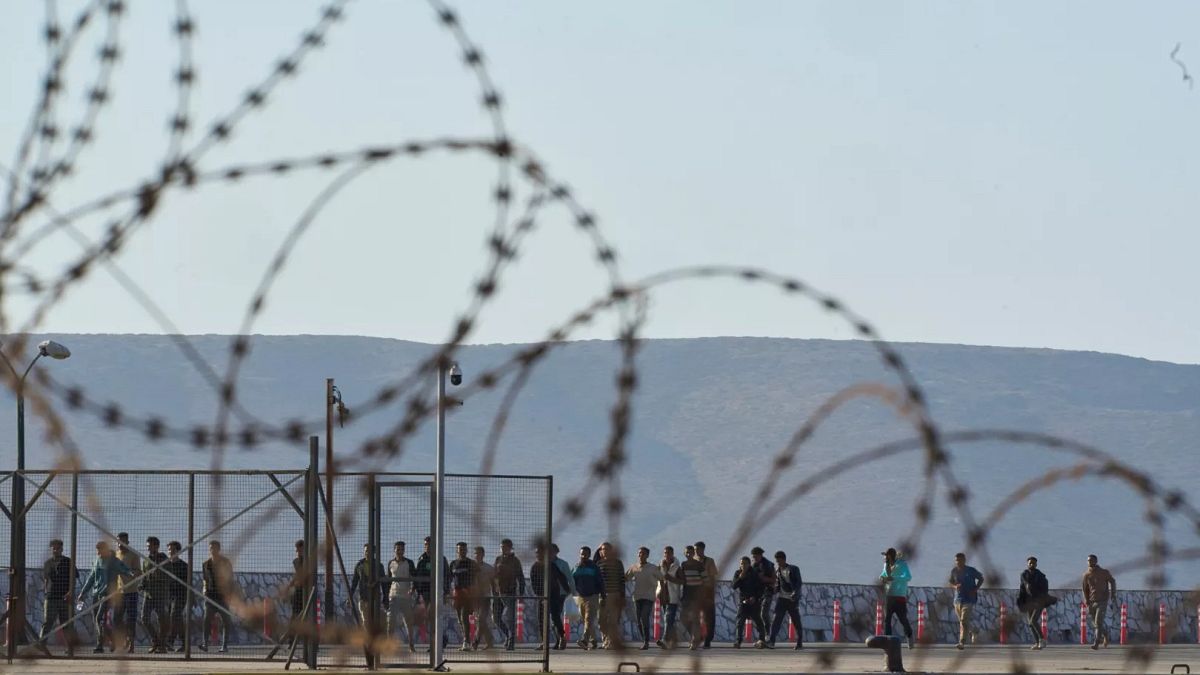

As the world continues to navigate complex political and humanitarian challenges, recent developments from Italy, Turkey, Libya, Kosovo, and Myanmar highlight both the interconnectedness of these issues and the diverse strategies being employed to address them. In this article, we will explore the key efforts being made by international leaders to tackle the significant challenges of migration, political deadlock, and electoral integrity.
In Rome, a meaningful dialogue has emerged between the leaders of Italy, Turkey, and Libya—nations intricately linked by the shared challenge of managing migration flows across the Mediterranean. The United Nations Refugee Agency (UNHCR) reported that in 2021, approximately 32,400 refugees and migrants undertook the perilous crossing from Libya to Europe, marking a more than twofold increase from the previous year. This significant rise underscores the urgent need for international cooperation and strategic interventions to ensure safe and managed migration pathways, reflective of a shared commitment to protecting human dignity and providing assistance to vulnerable populations. Discussions have focused on devising humane solutions that address root causes while safeguarding the rights and well-being of migrants and refugees.
Meanwhile, in the Balkans, another pivotal story unfolds. Kosovo’s political landscape has been marked by a challenging six-month parliamentary deadlock, which has hindered governance and stability. The Constitutional Court of Kosovo finds itself at the heart of resolving this critical impasse. It must clarify the voting procedures for selecting the parliament speaker. The urgency of this decision is underscored by the pressing need to establish functional governance that can represent and meet the aspirations of Kosovo’s citizens. Such moments in democratic processes emphasize the intricate balance between institutional procedures and the genuine need to address the concerns of a diverse electorate. By seeking lawful and transparent resolutions, Kosovo aims to restore political continuity and public confidence, fostering a stable environment conducive to progress and development.
In Southeast Asia, Myanmar presents a starkly different yet equally significant narrative. The Myanmar military junta has officially ended the state of emergency declared in February 2021, a period marked by considerable unrest following the ousting of the civilian government led by Aung San Suu Kyi. This move comes ahead of anticipated elections in December. However, the prospect of these elections is met with skepticism both domestically and internationally. Opposition groups have vowed to boycott the elections, labeling them a sham intended to legitimize continued military control. This situation highlights the complexities of democratic transitions in settings where various stakeholders challenge the legitimacy of existing governance structures. The international community remains focused on supporting genuine democratic progress and addressing the underlying grievances that fuel political opposition and civil unrest in Myanmar.
Each of these stories, while distinctive in their geographic and cultural contexts, reflects broader themes of governance, cooperation, and conflict resolution. The meeting among Italian, Turkish, and Libyan leaders exemplifies how cross-border discussions can catalyze shared solutions to global humanitarian issues such as migration. In Kosovo, judicial clarity is sought not merely as a legal necessity but as a crucial step toward restoring political normalcy and public trust. Meanwhile, Myanmar’s trajectory underscores the ongoing struggle for democratic representation and the complexities inherent in reconciling international aspirations with local realities.
Across regions, the fundamental principles of dialogue, transparency, and commitment to the public good underpin efforts to navigate these challenging situations. These global stories remind us of our interconnected world, where collaborative efforts can yield positive outcomes even in the most challenging circumstances. As we continue to witness diverse strategies and approaches unfold, such narratives encourage a hopeful perspective that through cooperation and understanding, societies can move toward inclusive and sustainable futures.
Source: {link}
